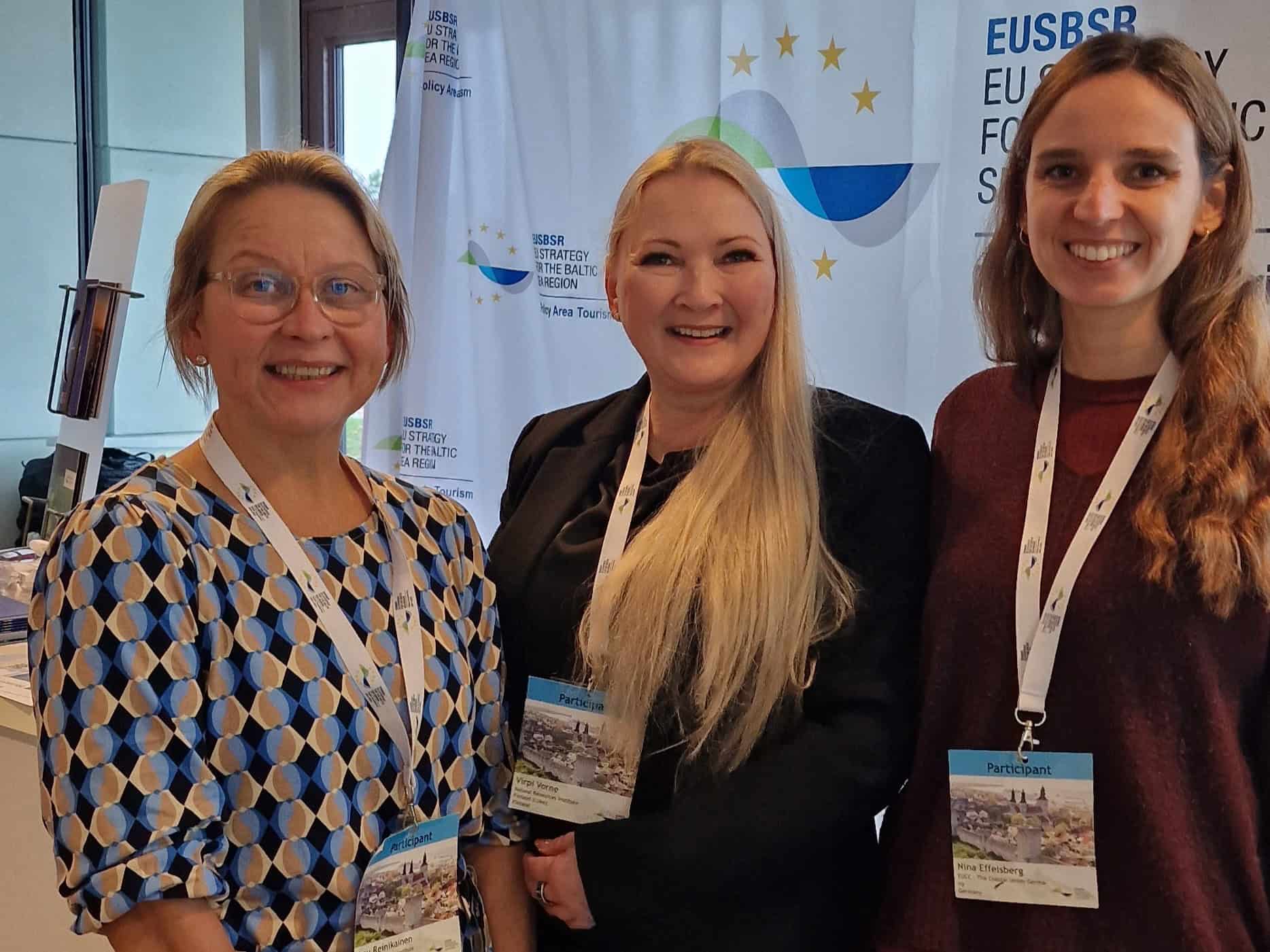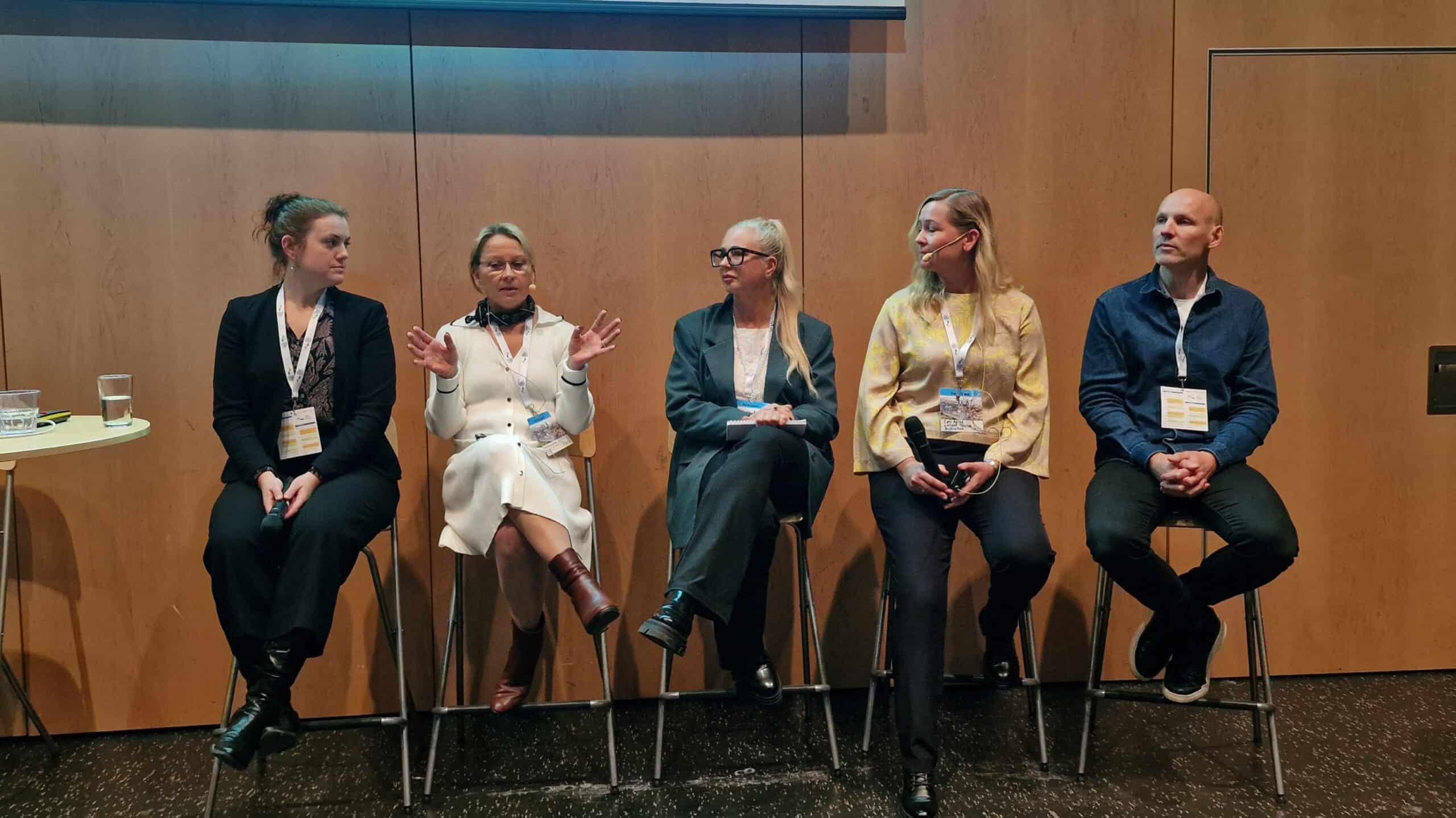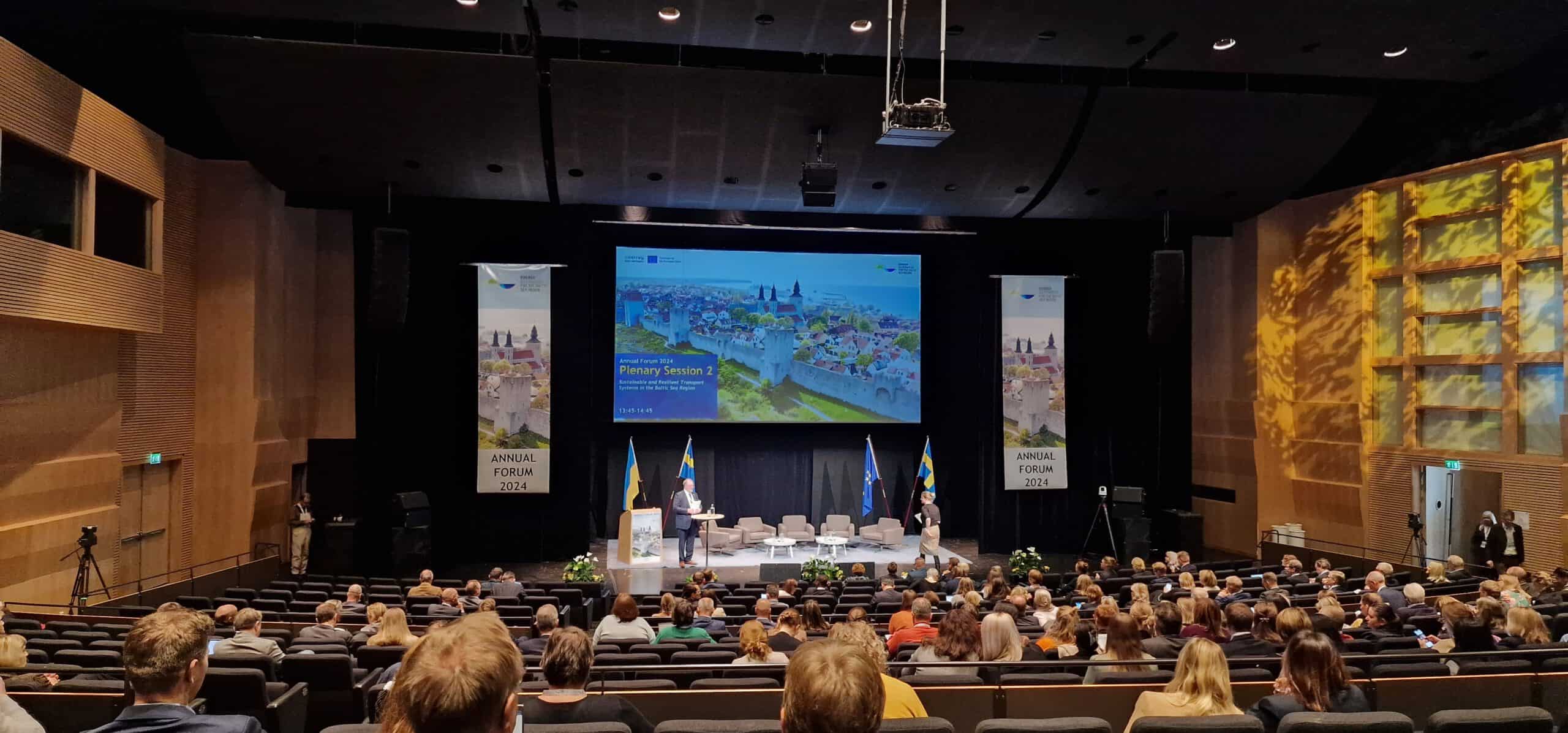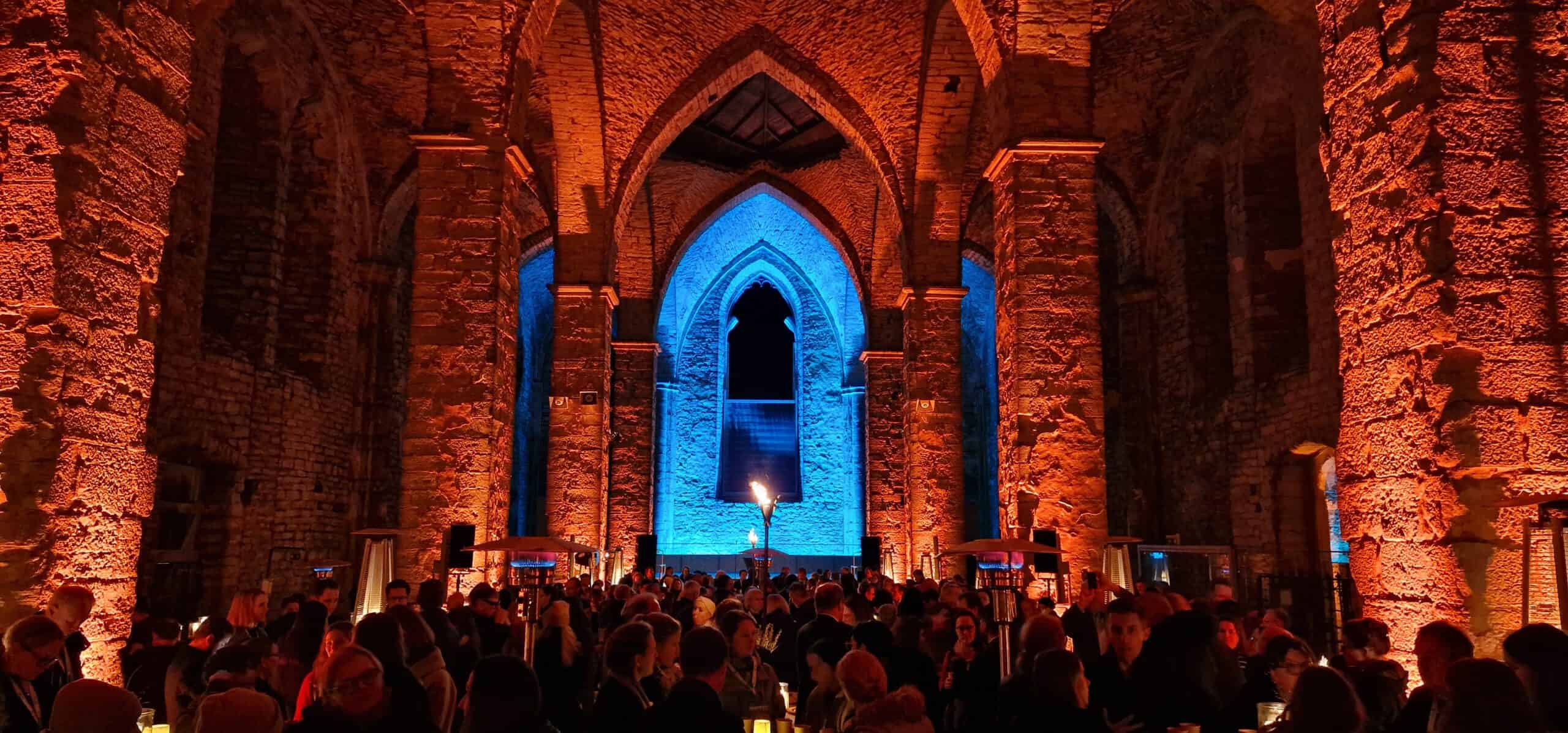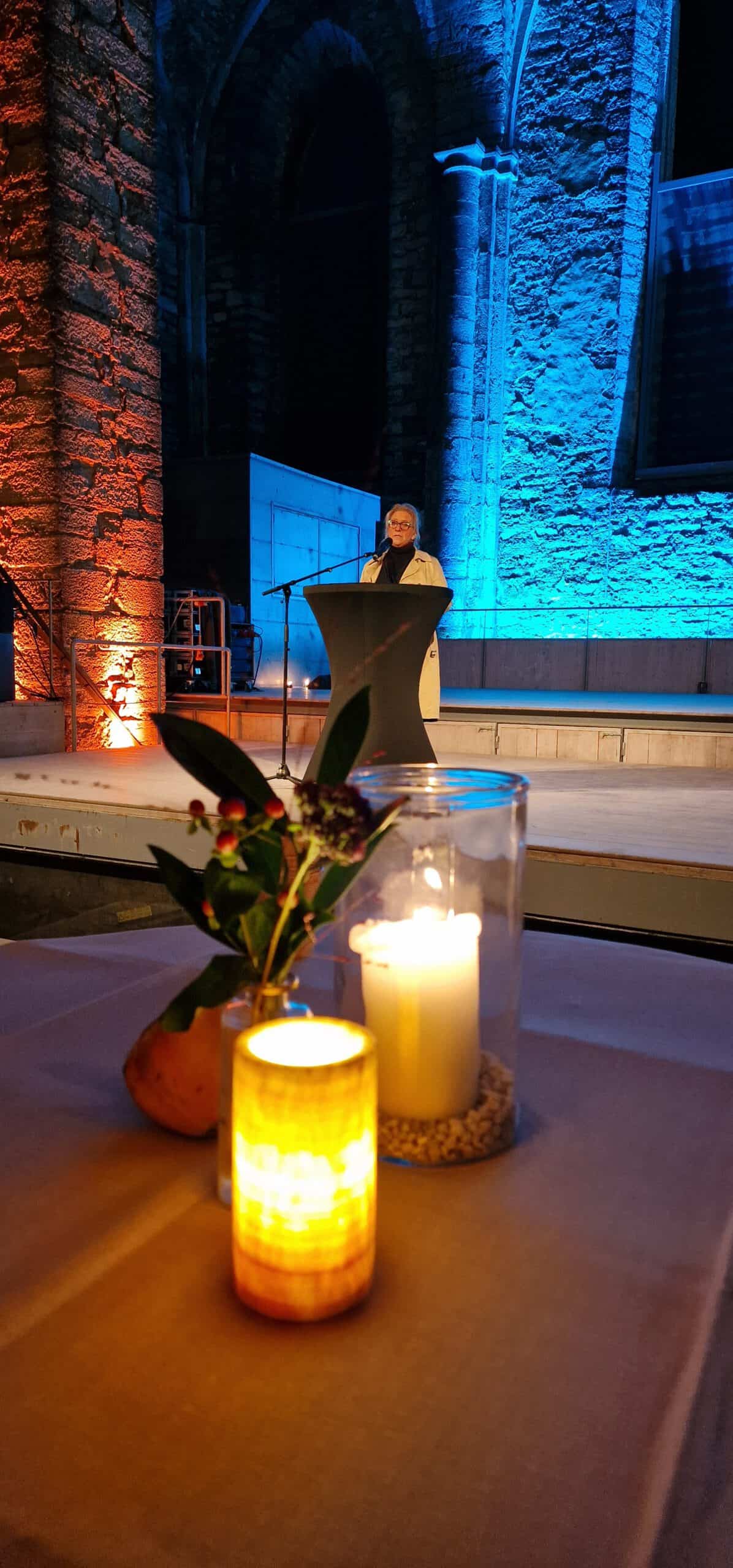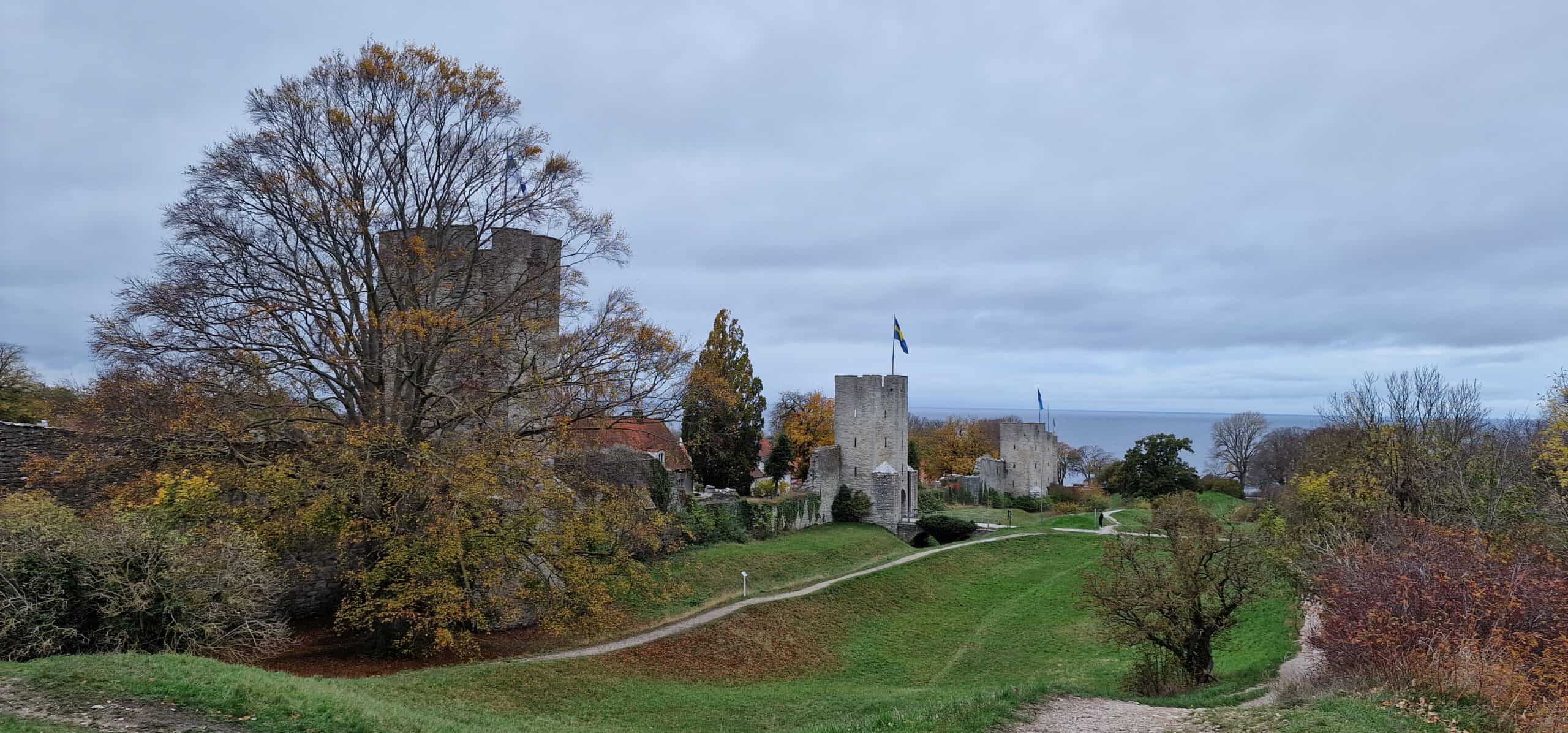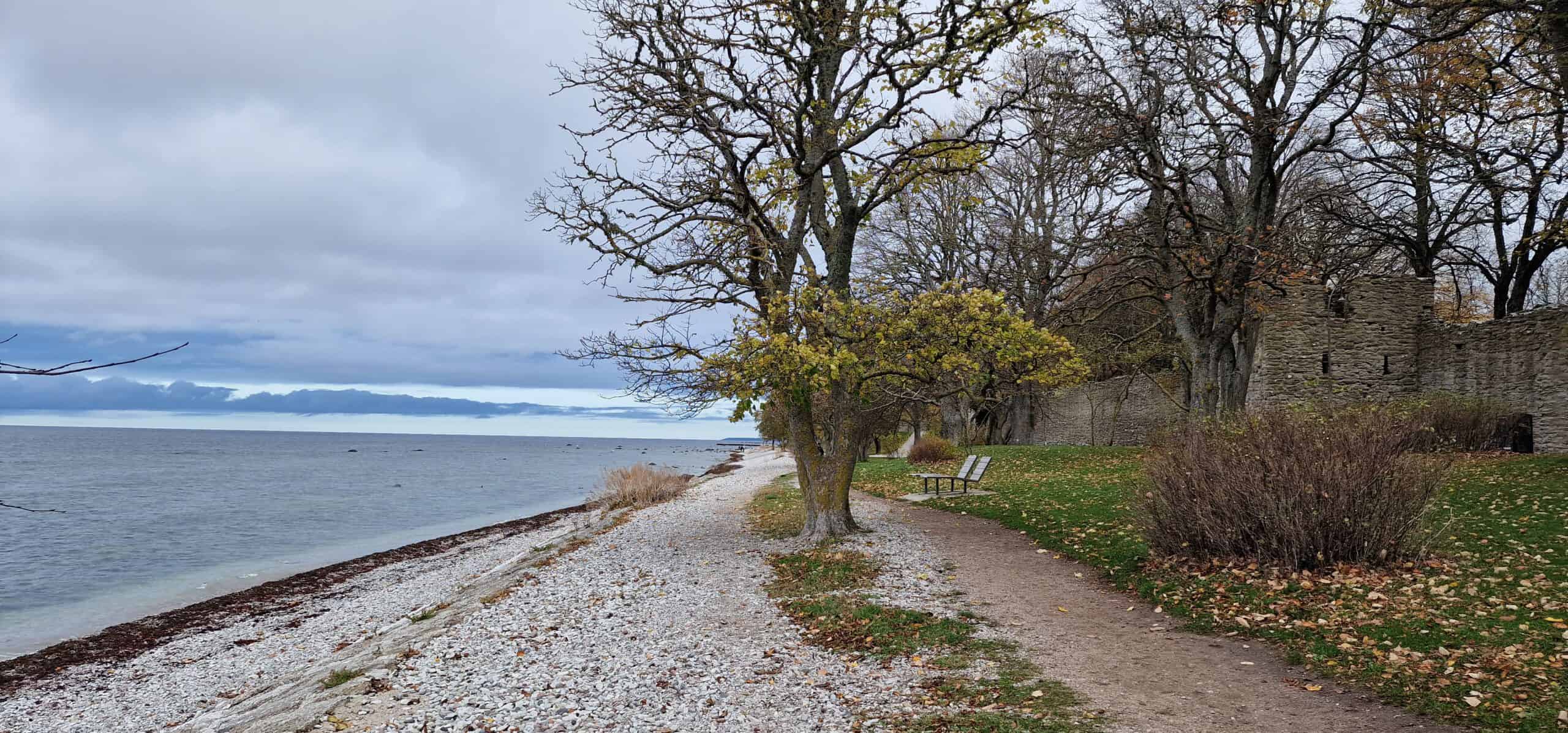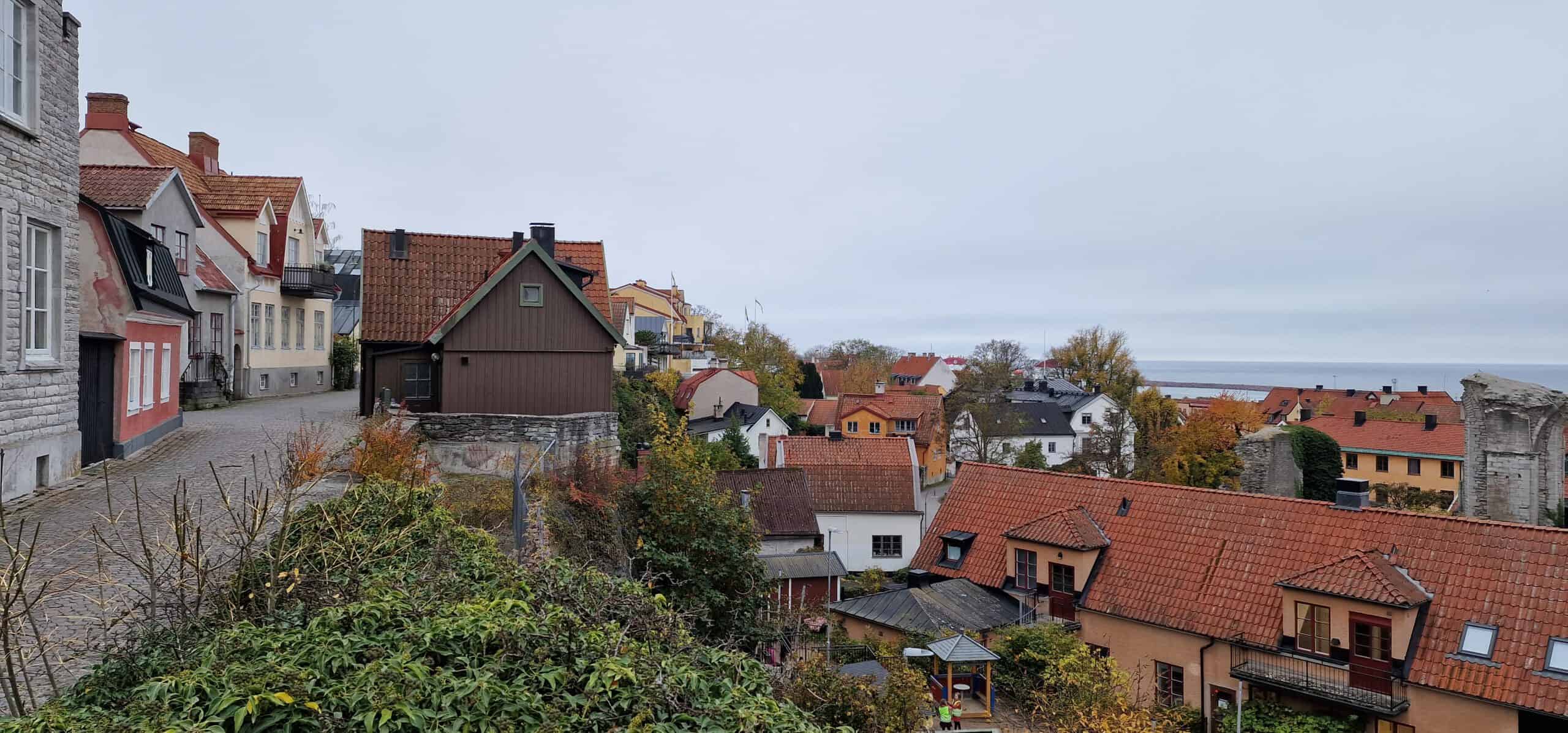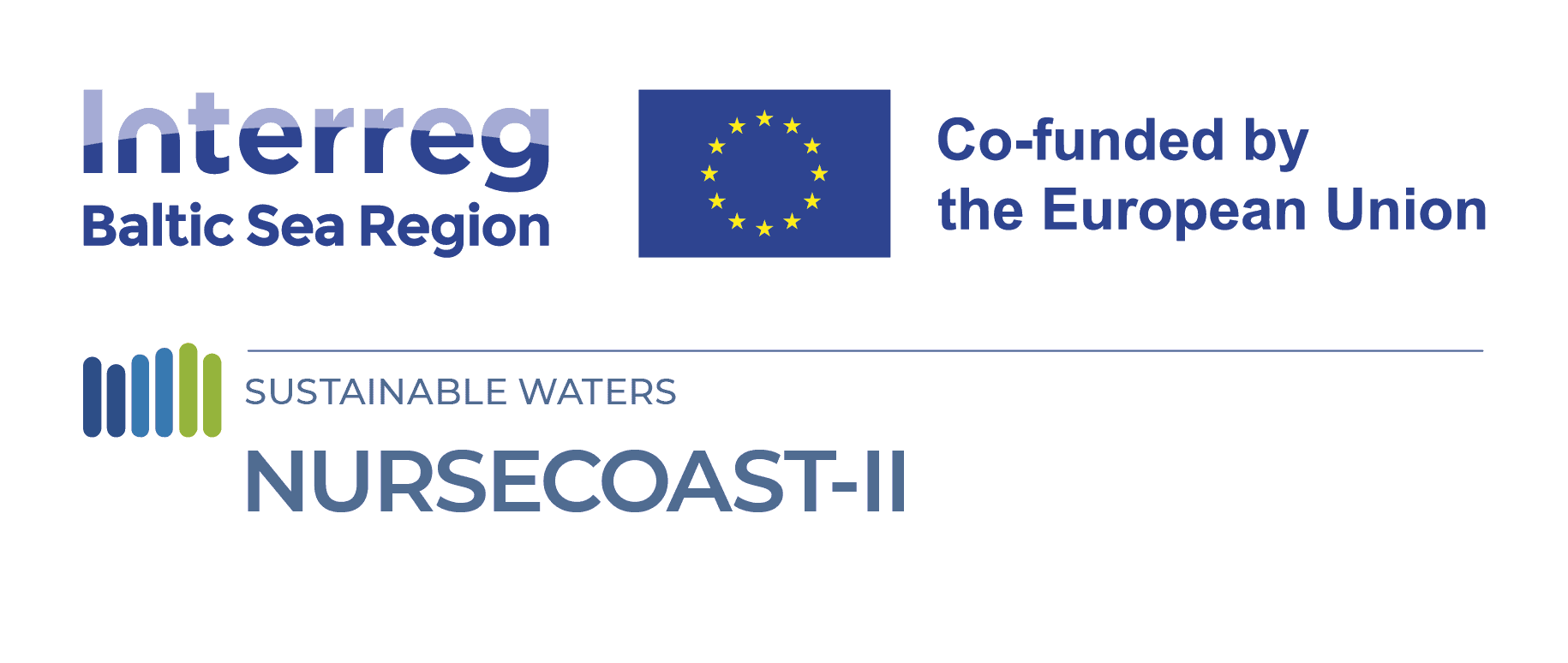
Achieving water resilience requires co-operation and exchange of solutions, knowledge and expertise
11 November 2024
Representatives of the NURSECOAST-II project attended the 15th Annual Forum of the EU Baltic Sea Strategy, held on October 30-31 in Visby, Sweden. With around 650 participants, the forum focused on sustainable solutions for the region, covering topics like bioeconomy resilience, sustainable food systems, transport infrastructure, and energy security. It included 28 workshops, plenaries, and a Networking Village to encourage collaboration.
Anu Reinikainen presented the NURSECOAST-II project results, highlighting the challenges of seasonal fluctuations in small wastewater treatment plants, particularly during tourist season, and discussing solutions for improving efficiency. She emphasized water responsibility principles and the advantages of integrating different technologies.
The Sustainable Tourism and Water Resilience workshop, organized in collaboration with EU Strategy for the Baltic Sea Region (EUSBSR) Tourism and Nutri policy areas, tackled water supply challenges in Baltic Sea coastal tourist towns. In a closing panel, representatives from the Interreg Baltic Sea Region-funded projects WaterMan, ReNutriWater, and NURSECOAST-II focused on Gotland’s specific water shortages.
Gotland has faced severe water shortages in recent years, especially in the southern region of Storsudret, where thin soil layers struggle to retain groundwater. This area now relies on water imported from a desalination plant 25 kilometers away. Gotland has invested in energy-efficient and sustainable water production, including purification techniques to reuse wastewater to drinking quality during dry summers. Membrane technology is also being developed to purify water from shallow lakes for greater storage capacity. Local engagement and international cooperation are crucial for effective water management solutions.
The Annual Forum’s rich content and insights into local challenges from climate change and seasonal impacts, like tourism, were invaluable. Connecting with past, present, and future colleagues sparked many fresh ideas essential for developing new project proposals.
As Country Governor Anders Flanking stated in the closing speech of the Forum, in order to strengthen the European Union, increasing cooperation between different countries is the most important thing, and we all play a key role in that.
